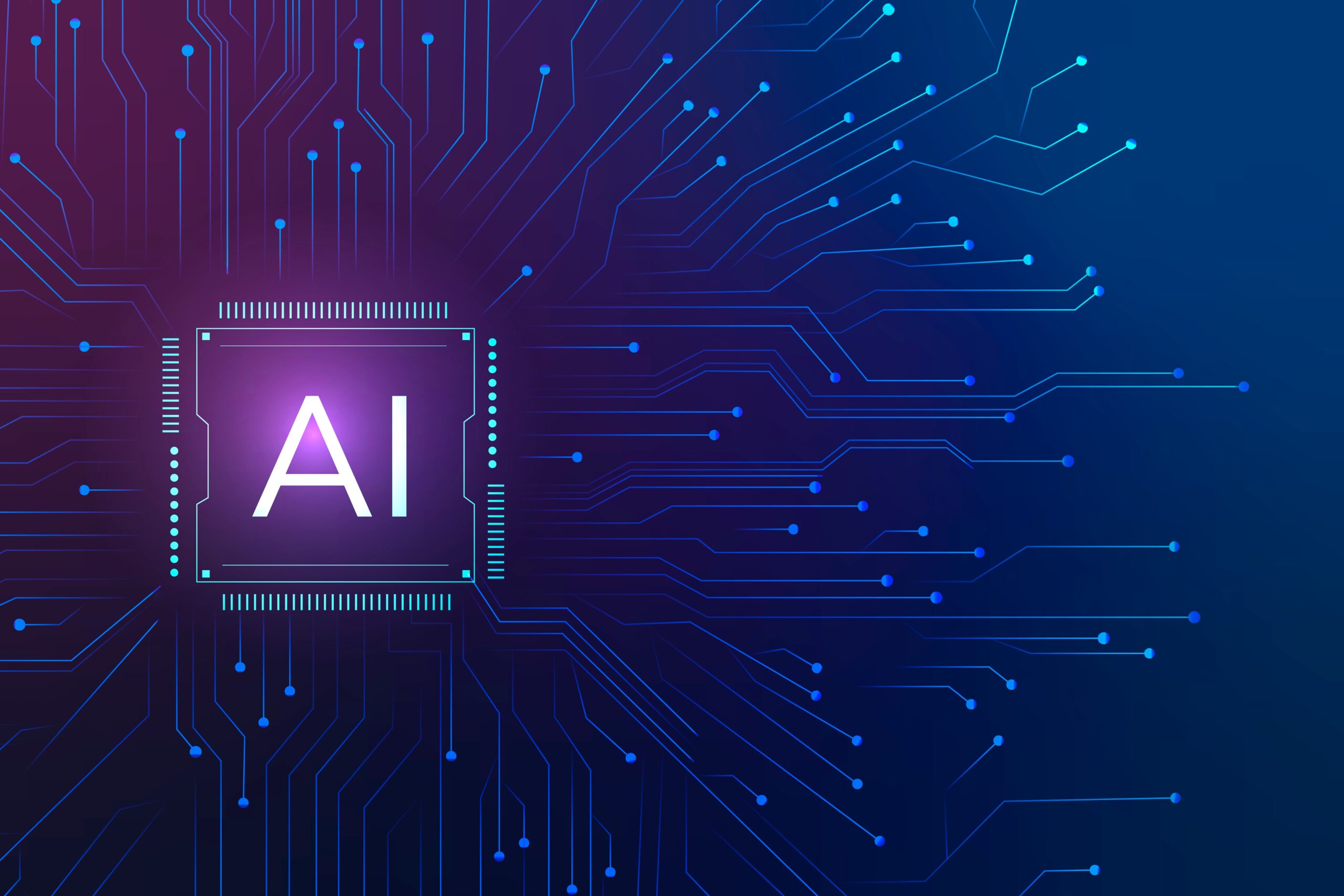Door-to-door sales have been a cornerstone of direct marketing for decades, offering a personal touch that many other sales methods lack. However, with the rise of digital technologies, this traditional approach has faced significant challenges in terms of scalability and efficiency.
b. Introduction to AI in Sales
Artificial Intelligence (AI) has emerged as a game-changer in the sales industry, offering tools that can enhance the effectiveness of sales teams, including those in door-to-door sales. By combining the personal touch of human interaction with the efficiency of AI, companies can revolutionize their sales strategies.
2. Understanding AI-Powered Sales
a. What is AI in Sales?
AI in sales refers to the use of machine learning, natural language processing, and other AI technologies to automate and optimize various aspects of the sales process. This includes lead generation, customer segmentation, and even personalized communication.
b. Key Technologies Behind AI-Powered Sales
Key technologies driving AI-powered sales include chatbots, predictive analytics, and customer relationship management (CRM) systems enhanced with AI capabilities. These tools help sales teams target the right customers, predict buying behavior, and streamline communication.
c. How AI Enhances Traditional Sales Techniques
AI doesn’t replace traditional sales techniques; it enhances them. For instance, AI can analyze vast amounts of data to identify patterns and insights that a human might miss, allowing sales representatives to tailor their pitches more effectively.
3. The Human Element in AI-Powered Sales
a. Importance of Human Interaction
Despite the efficiency of AI, the human element remains crucial in sales. Personal relationships, empathy, and trust are aspects that AI cannot fully replicate, making human interaction an indispensable part of the sales process.
b. Balancing AI and Human Touch
The key to successful AI-powered sales lies in finding the right balance between AI and human touch. Companies must ensure that while AI handles the data-driven aspects, human sales representatives maintain the personal connection with customers.
4. Benefits of AI in Door-to-Door Sales
a. Increased Efficiency and Productivity
AI can automate time-consuming tasks such as scheduling, follow-ups, and data entry, allowing sales representatives to focus on what they do best—selling. This leads to increased productivity and more efficient use of time.
b. Personalization at Scale
One of the biggest advantages of AI is its ability to personalize communication at scale. AI can analyze customer data to deliver personalized messages that resonate with individual customers, making door-to-door sales more effective.
c. Data-Driven Decision Making
With AI, sales teams can make decisions based on data rather than intuition. This leads to more accurate forecasting, better resource allocation, and ultimately, more successful sales strategies.
5. Challenges and Ethical Considerations
a. Privacy Concerns
The use of AI in sales raises significant privacy concerns, especially when it comes to collecting and analyzing customer data. Companies must ensure they are transparent about data usage and comply with relevant regulations.
b. Ensuring Fairness and Transparency
AI algorithms can sometimes perpetuate biases, leading to unfair treatment of certain customer segments. It’s essential to regularly audit AI systems to ensure they are fair and transparent in their operations.
6. Implementing AI in Door-to-Door Sales
a. Choosing the Right Tools
The first step in implementing AI in door-to-door sales is selecting the right tools. This includes CRM systems with AI capabilities, predictive analytics tools, and AI-driven communication platforms.
b. Training Your Sales Team
Successful implementation of AI requires proper training. Sales teams need to understand how to use AI tools effectively and how to interpret the insights these tools provide.
c. Integrating AI into Existing Workflows
AI should be integrated into existing sales workflows seamlessly. This means ensuring that AI tools complement, rather than disrupt, the current sales processes.
7. Case Studies of AI-Powered Sales
a. Real-World Examples of Successful Implementations
One example of successful AI implementation in door-to-door sales is the use of AI-powered CRM systems by leading direct sales companies. These systems have helped streamline the sales process and improve customer satisfaction.
b. Lessons Learned from Industry Leaders
Industry leaders have found that while AI can significantly enhance sales, it’s crucial to maintain a strong focus on the human element. Companies that strike the right balance between AI and human interaction tend to see the best results.
8. Future Trends in AI-Powered Sales
a. The Future of AI in Door-to-Door Sales
The future of AI in door-to-door sales looks promising, with emerging technologies such as augmented reality (AR) and virtual reality (VR) set to transform how sales representatives interact with customers.
b. Emerging Technologies to Watch
In addition to AR and VR, other emerging technologies such as AI-powered sentiment analysis and voice recognition are expected to play a significant role in the future of door-to-door sales.
9. Practical Applications for Businesses
a. Getting Started with AI in Sales
For businesses looking to get started with AI in sales, the first step is to identify specific pain points that AI can address. This could be anything from lead generation to customer segmentation.
b. Tips for Small and Medium Enterprises
Small and medium enterprises (SMEs) can benefit from AI by focusing on affordable, easy-to-implement tools that provide immediate value, such as AI-powered chatbots and CRM systems.
c. Leveraging AI for Competitive Advantage
Businesses can leverage AI for competitive advantage by using it to enhance customer experiences, streamline operations, and make data-driven decisions.
10. Conclusion
a. Recap of Key Points
AI has the potential to revolutionize door-to-door sales by enhancing efficiency, personalizing communication, and enabling data-driven decision-making. However, the human element remains essential in building trust and maintaining customer relationships.
b. Final Thoughts
As AI continues to evolve, businesses that effectively integrate it into their sales processes will be well-positioned to succeed in the competitive market. The key is to strike the right balance between technological efficiency and human interaction.


